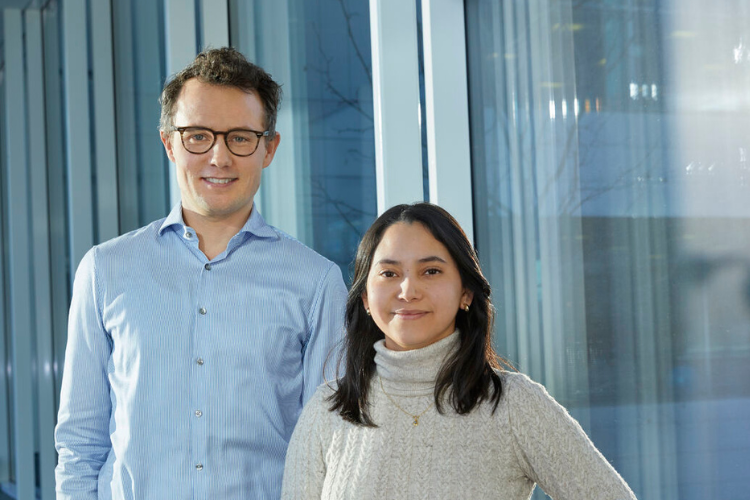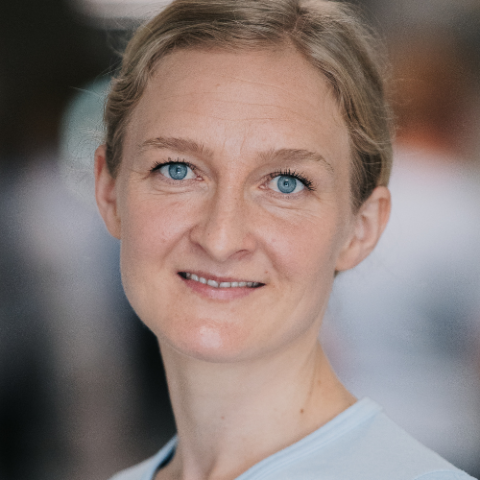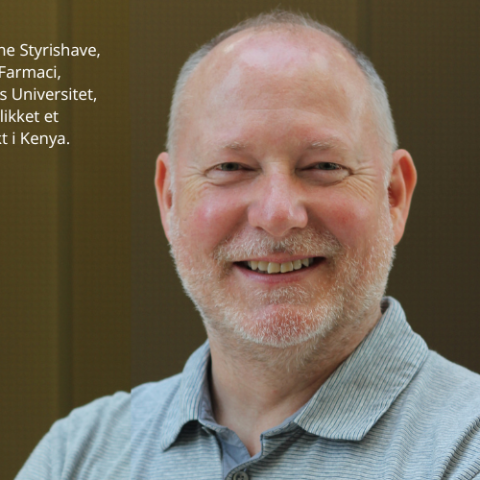
International students generate big gains
Pharma 02/2023 - Theme: International recruitment
International students who have taken the education in Denmark are a huge financial gain for Denmark if they stay here after graduation. Unfortunately, more than one in two leave the country within the first three years.
By Christian K. Thorsted
International labour is crucial for the Danish life science industry, and therefore it is a major problem that we allow skilled people to leave after they have completed their education in Denmark.
In a survey among Pharmadanmark’s international students, Pharmadanmark has examined why the leave. Students from Health and Medical Sciences, University of Copenhagen (UCPH), Medicine with industrial specialization, Aalborg University, Human Biology (UCPH), Pharmacy (UCPH) and Pharmaceutical Sciences (UCPH) participated.
- Only 7.4 percent of the international students in Pharmadanmark answer that they feel very well equipped to enter the Danish labour market.
- 62.9 percent answer that they to a lesser extent or not at all have the same opportunity to get a student job as Danish students.
- When asked what determines whether they want to stay in Denmark after graduation, 81.5 percent answer that it depends on whether they get a job quickly.
- 59.3 percent also answer that it is crucial that they have built up a social network.
- Only 27 percent feel that they have a strong connection with the study environment at their university
- Only 10 percent answer yes having received information about job search and how to start a business in Denmark through their studies.
- 63 percent apply for student jobs without getting one.
Contributing millions
A study from Damvad done by IDA has also analyzed the problem.
- 48 percent of the international students are still in Denmark three years after graduation.
- International graduates have contributed DKK 26.7 billion to the Danish economy over a 13-year period based on graduates between 2007-2011 and 2012-2016.
- An international graduate who completed his education in 2010 has contributed an average of DKK 2,058,000, including those who go home.
Damvad also states that in a high-growth scenario within the life science industry, there will be an expected growth in demand for people with a long higher education (LVU) of seven percent per year – and a growth in demand for PhDs of 9.1 percent per year.
Barriers to retention
In 2019, Universities Denmark prepared a survey among just over 600 international students. They came up with the following barriers to retention of international students:
- The companies' desire for Danish-speaking candidates.
- International students' lack of professional network and knowledge of the Danish companies and labour market.
- Lack of knowledge and information about job search and opportunities.
- Indirect barriers: restrictive and changing legislation.
Other articles in English from Pharma 2/2023:
- Lundbeck: We need more than just Danish talents
- Friends and student jobs are vital for your stay in Denmark
- Denmark should boast a little more
- The best match was Chilean
Magazine: Pharma 02/2023 (in Danish)







